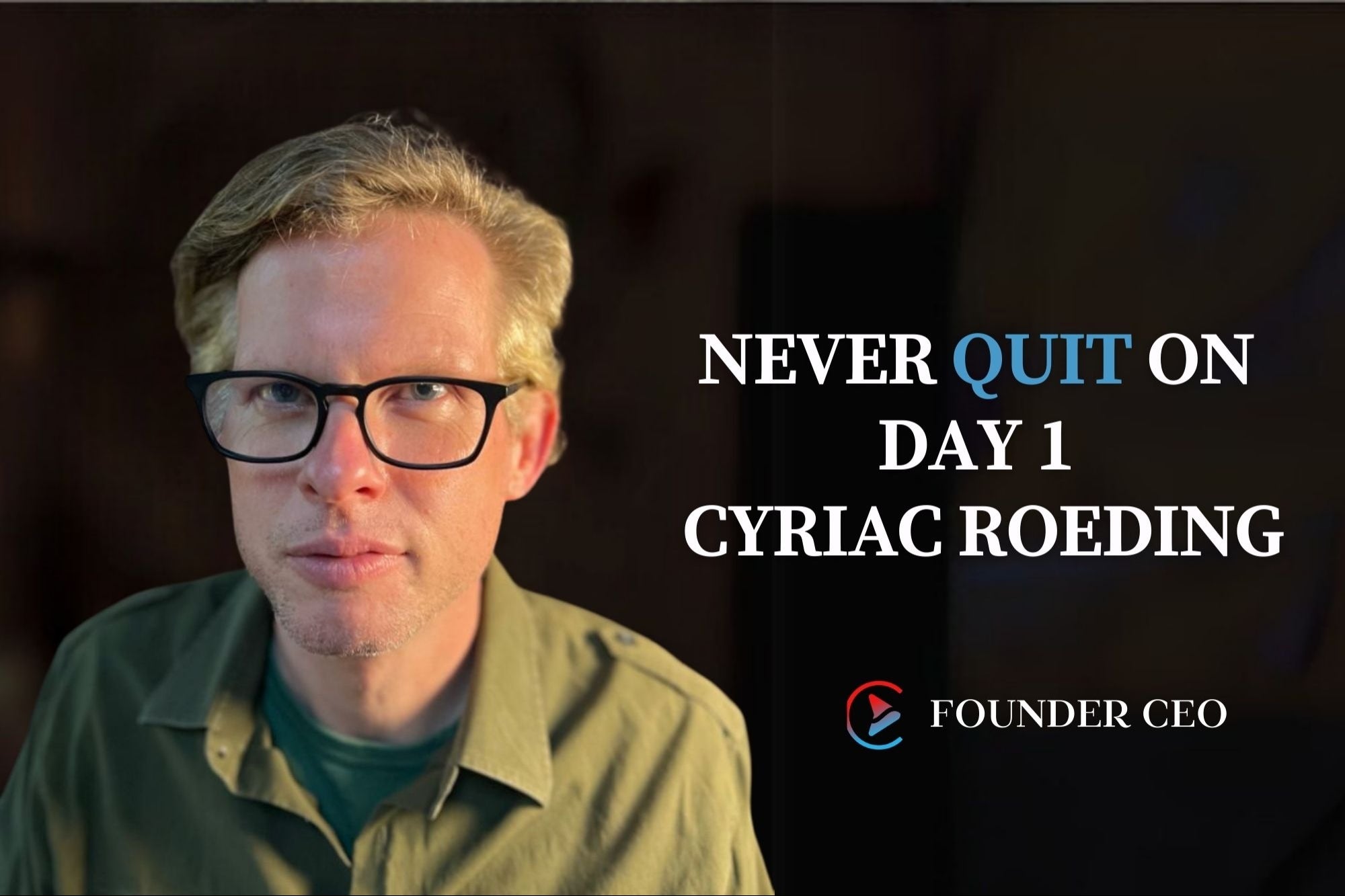How Young Entrepreneurs Can Rein in Their 'Toxic' Emotions When startup life gets tough, celebrity agent and psychology-book author Ken Lindner offers a few decisive tips for quelling your own killer emotions.
Opinions expressed by Entrepreneur contributors are their own.
When it comes to dealing with toxic emotions and overheated outbursts, few have more stories than Ken Lindner. As agent to media personalities like the Today Show's Matt Lauer, Mario Lopez of Saved By the Bell fame and Dateline"s Lester Holt, Lindner has soothed his fair share of flared tempers.
He even wrote a book about his experience. In the newly released Your Killer Emotions (Greenleaf Book Group Press, 2013), Lindner offers advice about how to keep one's feelings in check and avoid making decisions based on toxic emotions -- key skills for startup founders and CEOs alike.
So what then is the proper way to diffuse an emotionally-charged startup environment? Here are Lindner's top tips:
Always have a goal in mind.
What it is that you need to accomplish with every interaction? By having a mission, it is less likely that emotions will cloud your best judgment.
Don't make decisions when emotional.
Never make an important business decision when you are overwhelmed with emotions. Step away, take some time to cool off and think about what you need to accomplish. Then figure out what steps you need to achieve it.
Related: Fearless and Fulfilled: 7 Steps to Finding Business Success and Happiness
Think about the consequence before you act.
If you do something that appears improper, the consequences can be horrible. "When you think about how it can set you back -- how it could be career derailing, how it could impact your family, your livelihood, your reputation -- it could make you stop dead in your tracks," says Lindner. Instead, focus on the positive consequences and let those propel you to make great decisions.
Delay gratification.
Often times, we opt for a quick fix to make us feel good in the moment, such as yelling or retaliating, but hastily reacting isn't usually best for us in the long term. Remain disciplined and devise a plan of attack.
Communicate, calmly and frequently.
It's important that when there is a problem with someone to sit down and talk about it. Seeing where the other person is coming from, will hopefully cause your anger to dissipate and allow for a common ground to be met. Plus, when you, as a young entrepreneur, take the time to understand an employee or colleague's point, they are more likely to respect you, says Lindner.
Related: Redefining Love at Work: How to Foster a Sense of Connection
If it's you, change.
If you're continually flying off the handle or a particular behavior is generating bad results, you may need to modify your approach or eliminate the problematic behavior. While easier said than done, you may need to admit you are the problem and then take steps to correct it.
Get to know your personal triggers.
Often when people hear the word "trigger," they view it in a negative connotation. While this can be true, these triggers can also deliver positive consequences. As Lindner states, these triggers are "things that move you the most to make positive decisions." Once identified, keep those in the back of your head when confronted with tense work environments.
If you mess up, learn from your mistakes.
"Failure is a gift," Lindner says. "It teaches you what you still need to work on." If you screwed up and you're acting inappropriately, you need to acknowledge you made a mistake and not get defensive. "There is nothing wrong with failure. But hopefully you go back to the drawing board and you shore up on the things you need to work on."
How did you handle emotionally charged situations at your startup? Please share your experience below.










